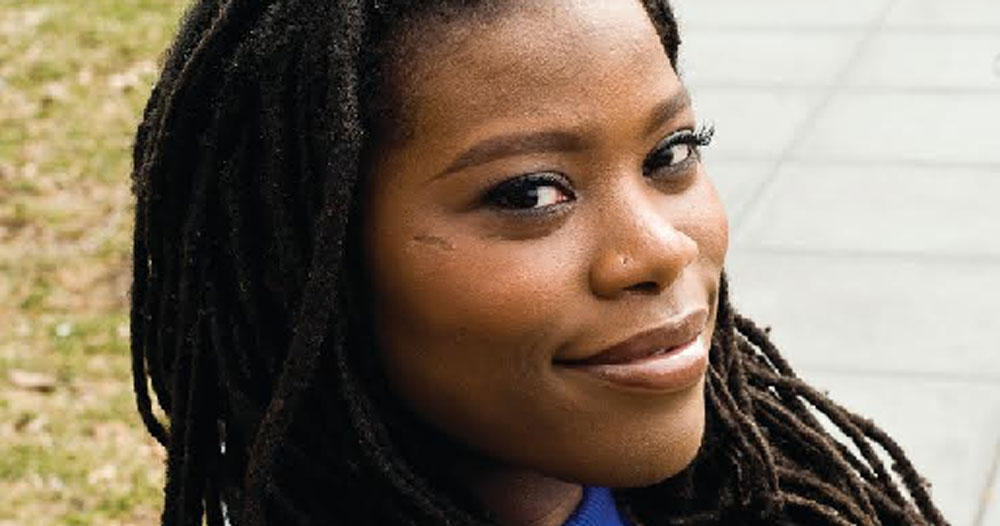

“Kaitlyn Greenidge’s masterful debut novel is at heart an examination of race and language - an African-American family is hired by a New England research institute to raise and teach sign language to a chimpanzee, but the institute has a shockingly dark past. For all the seriousness of its themes, though, Charlie Freeman is also caustically funny.” - USA Today “…witty and provocative…Greenidge deftly handles a host of complex themes and characters, exploring not just how (literally) institutionalized racism is, but the difficulty of an effective response to it…Greenidge doesn’t march to a pat answer the power of the book is in her understanding of how clarity wriggles out of reach. This author is also a historian, and she makes the ‘1929’ on Toneybee plaque tell another, equally gripping story that strongly parallels the Freemans’ 1990 experience.” -Janet Maslin, The New York Times

And she lets the suspicion and outrage mount as the Freemans’ true situation unfolds. Greenidge has charted an ambitious course for a book that begins so mock-innocently. Inspired by the life of one of the first Black female doctors in the United States and rich with historical detail, Kaitlyn Greenidge’s new and immersive novel will resonate with readers eager to understand our present through a deep, moving, and lyrical dive into our complicated past.“Terrifically auspicious. As she tries to parse what freedom actually means for a Black woman, Libertie struggles with where she might find it-for herself and for generations to come.

When a young man from Haiti proposes to Libertie and promises she will be his equal on the island, she accepts, only to discover that she is still subordinate to him and all men. But Libertie, drawn more to music than science, feels stifled by her mother’s choices and is hungry for something else-is there really only one way to have an autonomous life? And she is constantly reminded that, unlike her mother, who can pass, Libertie has skin that is too dark. The critically acclaimed and Whiting Award–winning author of We Love You, Charlie Freeman returns with Libertie, an unforgettable story about one young Black girl’s attempt to find a place where she can be fully, and only, herself.Ĭoming of age as a freeborn Black girl in Reconstruction-era Brooklyn, Libertie Sampson is all too aware that her purposeful mother, a practicing physician, has a vision for their future together: Libertie is to go to medical school and practice alongside her.


 0 kommentar(er)
0 kommentar(er)
